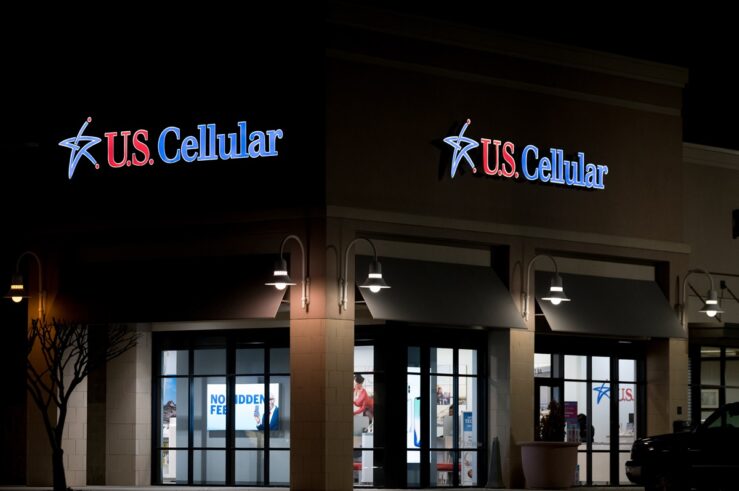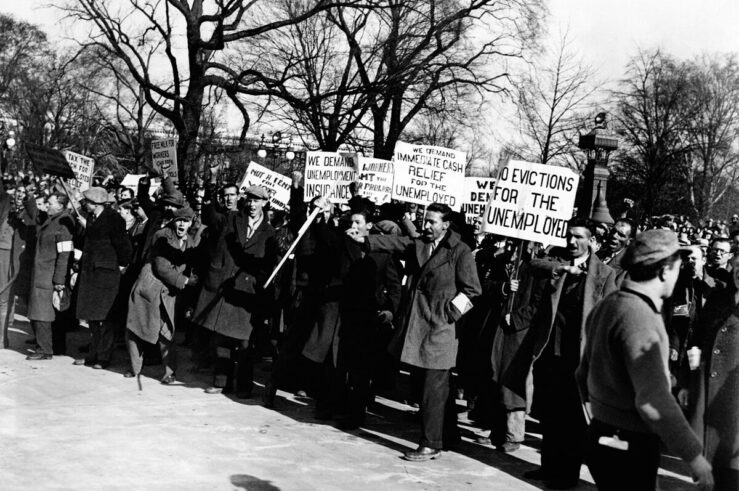The Federal Circuit came down on the side of rule of reason analysis, and no liability, in a reverse payment case in Cipro (HT: Antitrust Review and Patently-O):
Since there was no basis for the district court to confidently predict that the Agreements at issue here would be found to be unlawful under a rule of reason analysis, we find no error by the court in declining to find them to be per se unlawful. Instead, the court properly went through a rule of reason analysis to determine whether the Agreements were in fact an unreasonable restraint of trade….
Settlement of patent claims by agreement between the parties—including exchange of consideration—rather than by litigation is not precluded by the Sherman Act even though it may have some adverse effects on competition.11 Standard Oil Co. v. United States, 283 U.S. 163, 171 & n.5 (1931).
Here is what the Federal Circuit said about the Sixth Circuit Cardizem decision:
And, although the Sixth Circuit found a per se violation of the antitrust laws in In re Cardizem, the facts of that case are distinguishable from this case and from the other circuit court decisions. In particular, the settlement in that case included, in addition to a reverse payment, an agreement by the generic manufacturer to not relinquish its 180-day exclusivity period, thereby delaying the entry of other generic manufacturers. In re Cardizem, 332 F.3d at 907. Furthermore, the agreement provided that the generic manufacturer would not market non-infringing versions of the generic drug. Id. at 908 n.13. Thus, the agreement clearly had anti-competitive effects outside the exclusion zone of the patent. See Brief for the United States at *16 n.7, Joblove, 127 S. Ct. 3001 (No. 06-830); Brief for the United States as Amicus Curiae at *17, FTC v. Schering-Plough Corp., 548 U.S. 919 (2006) (No. 05-273), 2006 WL 1358441. To the extent that the Sixth Circuit may have found a per se antitrust violation based solely on the reverse payments, we respectfully disagree.
The growing tension between the circuits and the Roberts Court’s willingness to tackle antitrust issues suggests it might. But the lack of consensus regarding the appropriate analytical framework for evaluating reverse payments, and the disagreement between the FTC and DOJ, both are inconsistent with the characteristics of SCOTUS antitrust selection so far. I’ve predicted elsewhere that in the short term the Court will take a horizontal merger case (Whole Foods, anyone?), will overrule Jefferson Parish and clean up tying law, and hinted that perhaps in the longer term take a reverse payment case as an economic and legal consensus emerged. I weighing the lack of consensus factor heavily. Perhaps others think differently.
Do readers think the Supreme Court is likely to grant cert on a reverse payment case?




